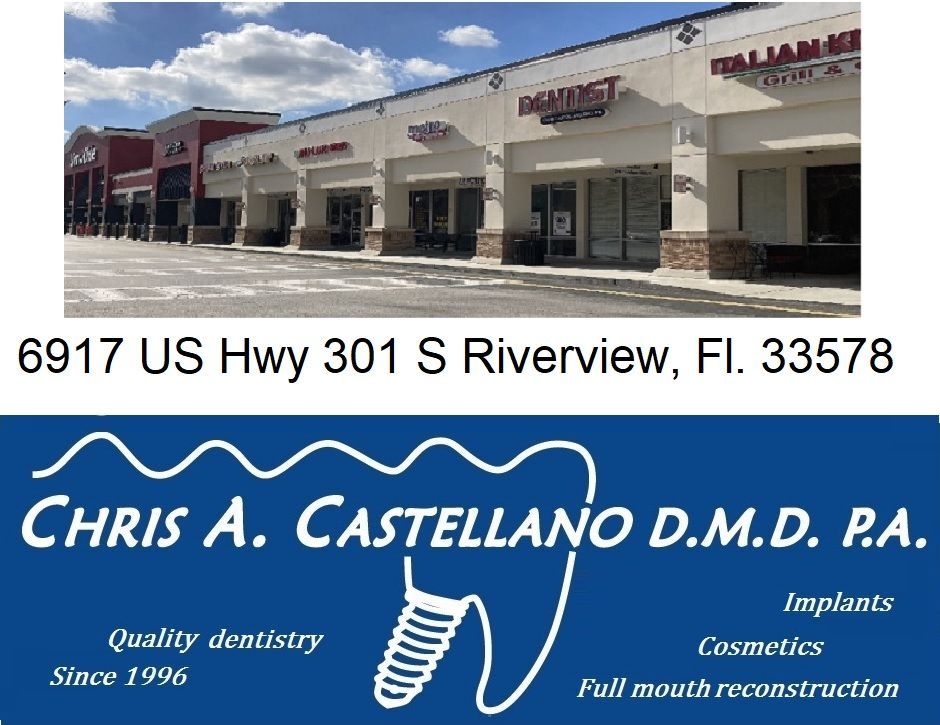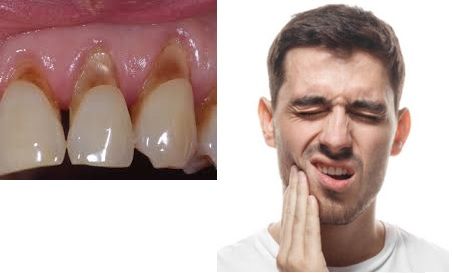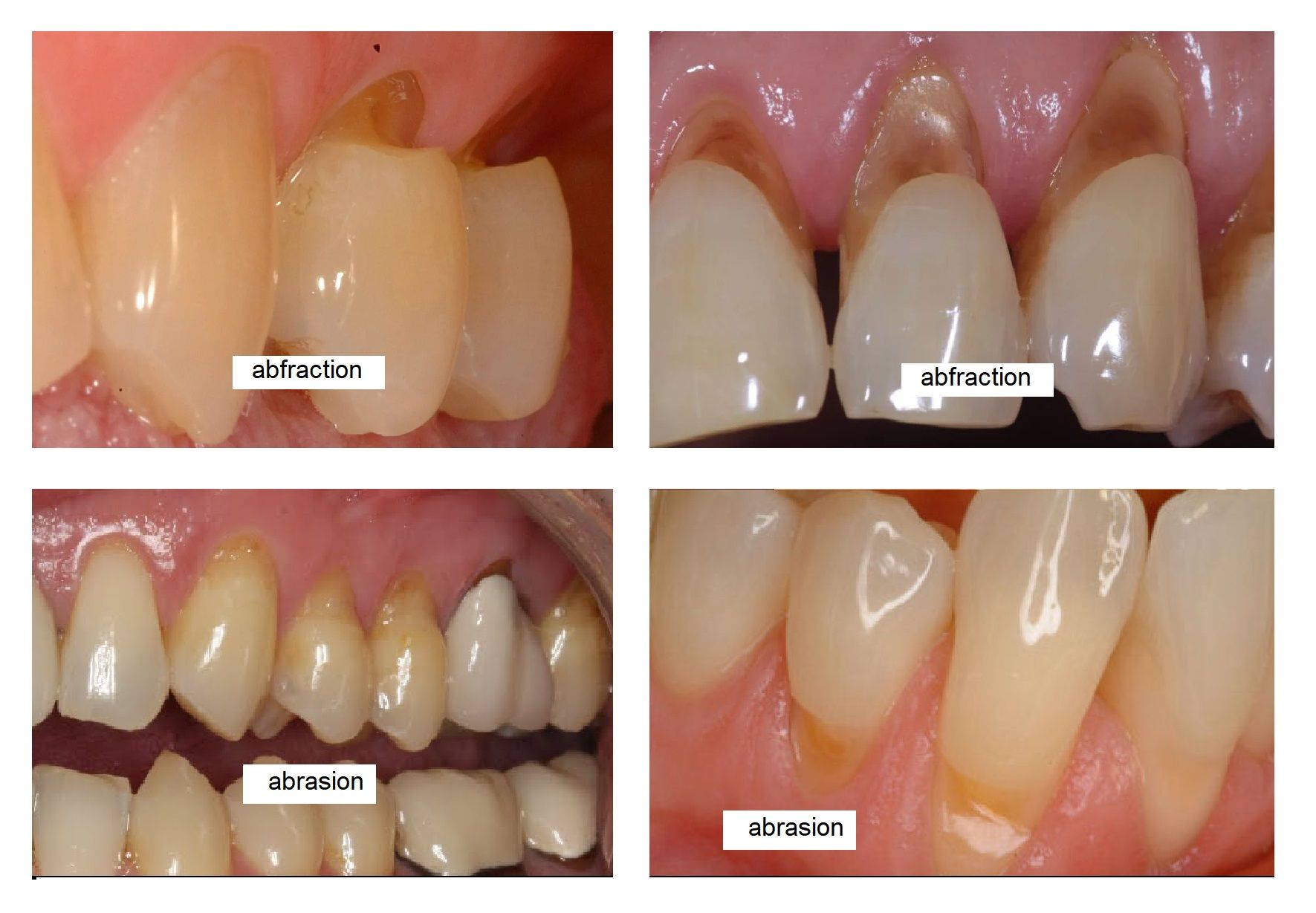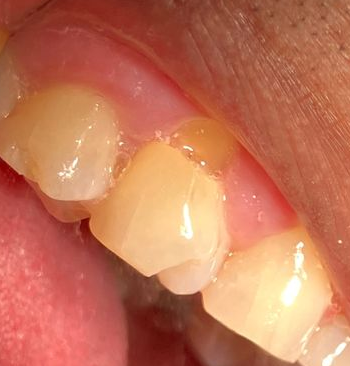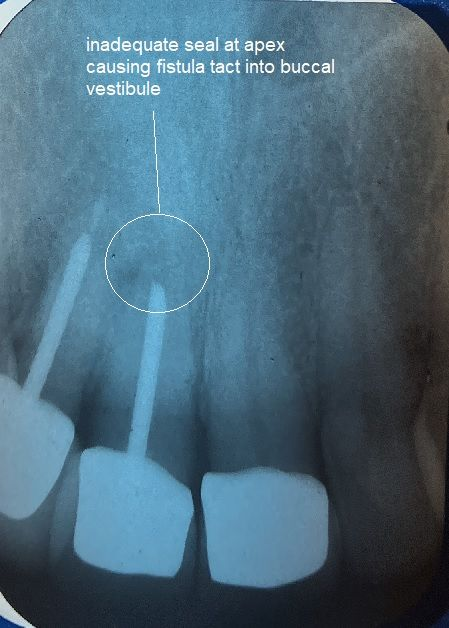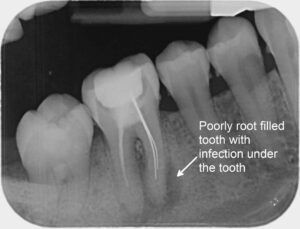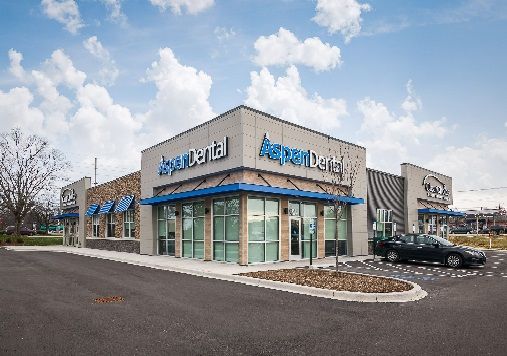What are Immediate Dental Implants and How Do They Work?
If you've recently lost a tooth or have been told that you need one removed, you might have heard about immediate dental implants. But what exactly are immediate implants, and how do they differ from traditional dental implants? In this post, we'll explore the process, the advantages, and the reasons why so many patients opt for immediate implants. Let’s dive into the world of same-day dental implants and see how they could be the perfect solution for restoring your smile.
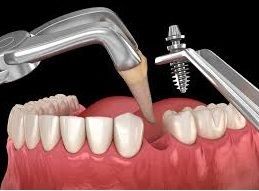
What Are Immediate Dental Implants?
Unlike traditional implants, which require several months for healing before the implant can be placed, immediate implants allow the implant to be placed directly into the jawbone right after a tooth extraction. This procedure eliminates the need for a second surgery and significantly reduces overall treatment time. The procedure is performed in one visit, which is why it's often referred to as a same-day dental implant.
The concept behind immediate implants is that the bone and tissue around the extracted tooth site are still healthy enough to support the implant immediately. Once the implant is placed, it integrates with the bone over time, allowing it to fuse securely — a process called osseointegration.
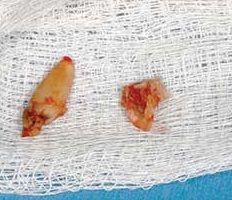
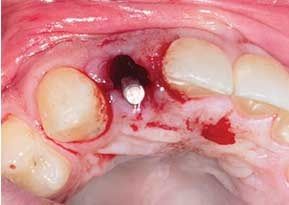
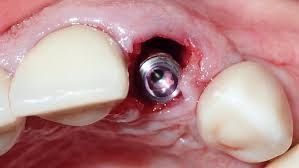
How Do Immediate Dental Implants Work?
The immediate implant procedure typically follows these steps:
- Consultation and Assessment:
Before anything is done, your dentist will evaluate your overall oral health, take X-rays or 3D scans of your jaw, and check for sufficient bone density. For immediate implants to work, you must have healthy jawbone and gums. - Tooth Extraction:
In some cases, your tooth may need to be removed before the implant is placed. If the tooth is infected or damaged beyond repair, it will be extracted before moving to the next step. - Placement of the Implant:
The dentist will place the titanium dental implant directly into the jawbone, where the tooth root once was. Since the bone and surrounding tissue are healthy enough, the implant can be placed immediately without the need for a second surgery later. - Temporary Crown Placement:
In many cases, a temporary crown or cap is placed over the implant immediately, allowing you to leave the dentist’s office with a restored smile. The temporary crown will be replaced with a permanent one once healing is complete. - Osseointegration Process:
Over the next few months, the dental implant will fuse with the bone in a process called osseointegration. This allows the implant to become a permanent part of your mouth, mimicking the function of a natural tooth. - Final Restoration:
After the implant has fully integrated with the jawbone, a permanent crown or bridge will be placed over the implant, completing your same-day implant treatment.
Advantages of Immediate Dental Implants
- Faster Results: Immediate implants eliminate the need for grafts to heal in sockets (3-6months) then implant to oseointegrate (3-6 months). Implant and graft placed same time for one 3-6month healing period.
- Preserved Jawbone: Since the implant is placed immediately after tooth extraction, it helps preserve the jawbone structure and prevent bone loss, a common issue that occurs when teeth are lost.
- Less Discomfort: Immediate implants tend to be less invasive than traditional implants since they eliminate the need for a second surgery.
Enhanced Aesthetic Results: It helps preserve bone height for a more natural outcome after oseointegration. During oseointgration appliances are made to fill in the missing tooth gap, protect the site, and worn daily.
Who is a Good Candidate for Immediate Dental Implants?
Not everyone is a suitable candidate for immediate dental implants. Some factors to consider include:
- Healthy Gums and Bone Density: If your gums are healthy and you have adequate bone density, immediate implants are likely a good fit. In cases where the bone is too thin or weak, a bone graft may be required beforehand.
- Good Overall Health: A good level of overall health is essential for any dental procedure. Patients with uncontrolled diabetes or other medical conditions may need to be evaluated further.
- Non-Smokers: Smoking can affect the healing process. Smokers suck the blood clots out around implants and this causes failure in some cases.
- Well controlled diabetics: Diabeties affects collagen formation. When nncontrolled implants fail due to improper healing.
Cost of Immediate Dental Implants
The cost of immediate dental implants can vary depending on factors such as:
- Location of the Dental Office
- Complexity of the Procedure
- Type of Implant and Crown
On average, same-day implants can cost anywhere from $3,000 to $5,000 per tooth. While this may seem higher than traditional implants, keep in mind that the time saved and fewer appointments can make it a more affordable option in the long run.
Risks and Considerations
Like any dental procedure, there are some risks involved with immediate implants. These may include:
- Infection at the Implant Site: Although rare, infections can occur, requiring medical attention.
- Implant Failure: In some cases, the implant may not integrate properly with the bone, which could require additional treatment.
- Discomfort and Swelling: Mild discomfort and swelling are common after the procedure but can typically be managed with over-the-counter medications.
Conclusion
Immediate dental implants offer a convenient and effective solution for patients looking for a fast way to restore their smile after tooth loss. With same-day dental implants, you can enjoy quicker recovery times, a restored smile, and long-lasting results. If you're considering dental implants and want to learn more about whether immediate implants are the right choice for you, contact Dr. Chris A. Castellano for a consultation. He specializes in same-day dental implants and can help you achieve the beautiful smile you deserve!
#RiverviewDentalImplants#ImmediateDentalImplantsRiverview#SameDayDentalImplants#EmergencyImplantDentist#ToothReplacementRiverview#BestDentist33578#DentalImplantRiverview#TeethInADayRiverview#RiverviewFLDentist#ImplantDentistNearMe#MissingToothRiverview#RiverviewEmergencyDentist
